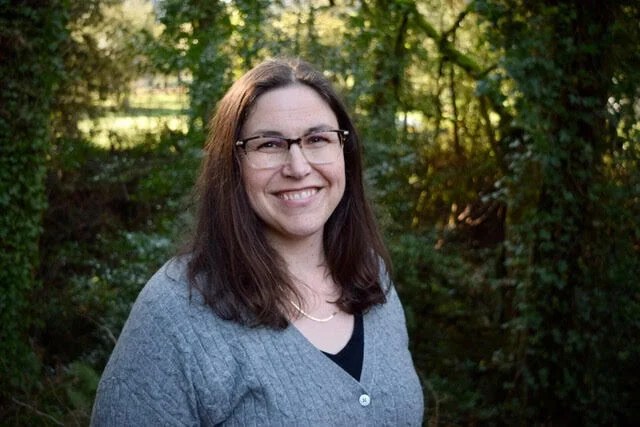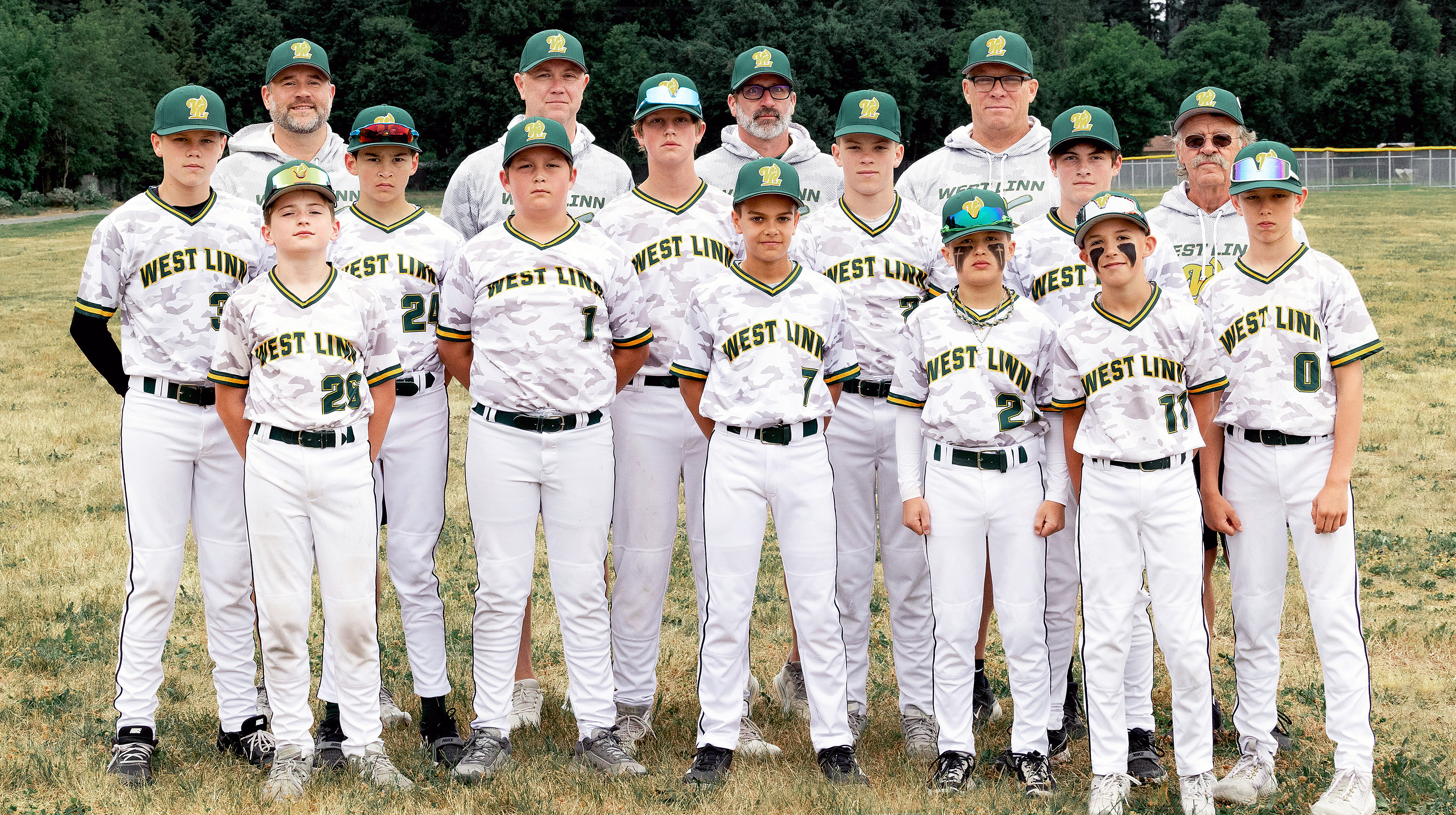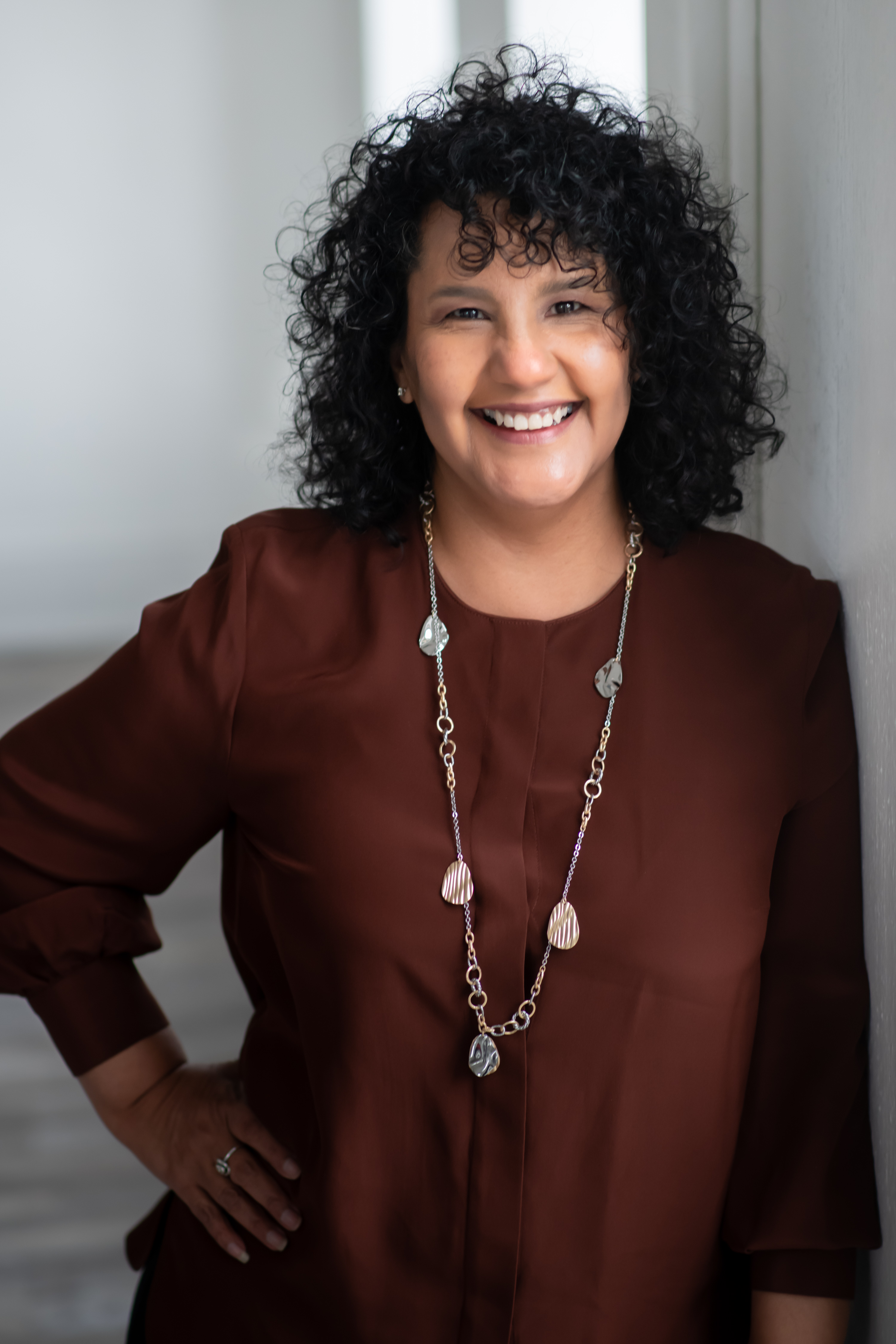‘I think what we’re missing is action’: Why Kara Clark is running for position 1 on the West Linn-Wilsonville School District
Published 10:51 am Friday, May 9, 2025

- Kara Clark (Submitted by Kara Clark)
Kara Clark learned a lot about the West Linn-Wilsonville School District when she was advocating for her children.
“I want to be on the West Linn-Wilsonville School Board because I care and because I know it takes an investment and people who are willing to continually show up to drive conversation,” said Clark.
Kara Clark is running for position 1 on the West Linn-Wilsonville School Board, the seat currently held by Chair Louis Taylor, who is not seeking reelection.
Trending
“I just learned that I want to be a part of the conversation and that it mattered enough that I was willing to devote the time and energy into it,” said Clark.
Clark’s advocacy in the district started as a parent looking for solutions for her dyslexic children, when she found an education system full of obstacles. This began with advocating for the new structured literacy framework and reading and writing curriculum that the school board approved last year.
“For dyslexic kids, the majority of them aren’t in special ed; they never got diagnosed. They never got flagged for having a challenge, and they’re just missed over historically. So the best way to make equitable practice was to get the curriculum in every kid’s hands to make sure that every kid was getting a literacy education that is equitable and that should serve them in the end,” said Clark.
She added that there’s still a lot of utilization and development work that needs to be done with the new literacy framework, including addressing the impacts that budget cuts will have on reading and writing, but she is glad that the curriculum was approved.
“It just felt inequitable that the only parents who could get support are the ones who have the bandwidth to fight and know how to fight,” she said.
Clark would like to see a Special Education Advisory Committee in the district and as a statewide standard for all school districts.
Trending
A West Linn native, Clark was in the fifth grade class the first year that Willamette became a primary school and then started at Athey Creek Middle School in its second year. She remembers when Wilsonville High School actually branched off and the district was actually divided into two high schools.
“There is this divide conversation over the fact that we’re two different cities,” said Clark. “In my history, from where I am, we’re one. I remember when we actually broke off the two high schools. I just feel like we are a whole district together.”
Disappointment in inter-district divisions extended to the Small Schools Task Force discourse last winter. Although she resides in the Sunset neighborhood, she felt the concerns of the parents at Cedaroak Park, Bolton and Stafford.
“When that came to fruition and the first announcements were made, my heart sunk because once again, I felt bad because more people’s faith was lost,” said Clark. “Another group of people who felt really hurt and disparaged.”
Clark chose three words to guide her school board candidacy: “vision, community and accountability.”
“I think we have a really clear, beautiful vision of what the district needs to be. So let’s make it that, I think what we’re missing is action,” she said. “We have lost so much trust and faith in the district from the community that everything we do needs to be looked at and we need to hear from the board why they’re voting and make sure that we know that, or that the community knows that the board is taking accountability.” “Community I think is huge because of all of the conflicts in the last couple years, a lot of them have been communication challenges and the lack of input from the community and I feel like a lot of times we’re creating our own problems.”
Clark thinks that she’s learned to “be uncomfortable” from advocating for her kids and feels that she can withstand discomfort at speaking her mind because uncomfortable means you’re growing.
“If you can’t be honest about where you are, you can’t make decisions for where you’re going to go in the future,” said Clark. “And I think that’s why literacy hits home so much for a lot of people, because we’ve been stagnant for a really long time and nobody asked, “Is there something better?’”







